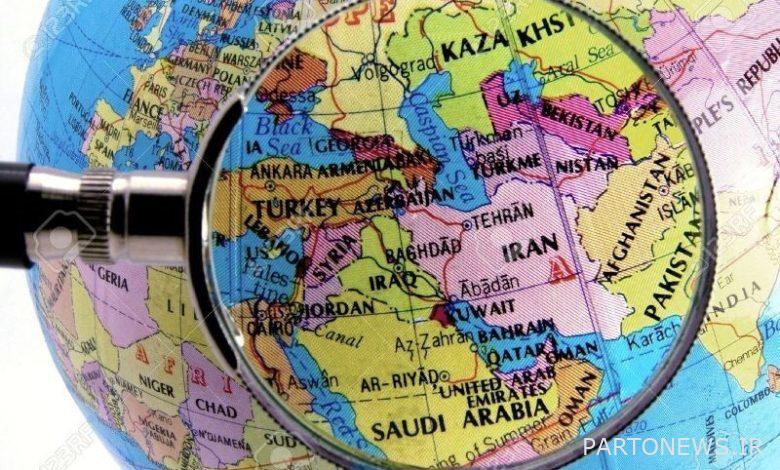The Middle East is moving toward stability as the United States withdraws from the region

According to IRNA, Jordan Al-Natour Research Center [۱]”The Middle East is witnessing tangible positive developments in the direction of regional stability and cooperation,” wrote Jordanian analyst Ibrahim Gharaiba in a report entitled “Positive Developments in the Middle East.” Although some instabilities are seen in a number of countries in the region, but many positive events are taking place in the countries of the region, according to which it can be said that the region is a positive and tangible step towards stability and joint cooperation between the country for Managing removes existing opportunities and challenges. For example, the visit of Sheikh Tahnoon bin Zayed Al Nahyan, the UAE national security adviser, at the head of a delegation to countries in the region, including Turkey, Jordan and Qatar. During these trips, he met with the President of Turkey and the King of Jordan and Qatar. Holding the Baghdad meeting and reaching an agreement on countering instability, terrorism, extremism, and bilateral meetings between the representatives of the countries and their delegations also had positive messages for the region. The UAE, Bahrain and Morocco have also taken positive and tangible steps to strengthen peace and work for a peaceful solution to tensions that have hampered stability and development and increased extremism and violence.
According to the Jordanian think tank, the countries of the world, especially the countries of South and West and Southwest Asia and North Africa, are monitoring the developments in Afghanistan. Although there are concerns about the consequences of the developments in Afghanistan, positive messages are also being sent from Afghanistan that will increase the opportunity for stability and reduce the level of violence in this country, which has suffered from violence and division for nearly 50 years. Gives. The United States has also withdrawn from Afghanistan and Iraq, ending 20 years of military and security intervention in those countries. Although this retreat creates a vacuum, with these retreats, the two countries and the countries of the region will find a constructive opportunity to build an inclusive social structure and step on the path of economic and security cooperation and self-confidence. Because building trust, credibility and political legitimacy can only be achieved despite the national sovereignty of countries over their territory and people. The important lesson of years of war and conflict has been that victory alone cannot be achieved with military and security power and advanced military technology. The power of nations and their prosperity depends on peace and common interests, and nations and governments must prioritize the better life of their people, and the people must think of a better life, and cultures, values, resources, relations and diplomacy. The international community must also put this issue on the agenda.
[۱] . The Al-Natour Institute is based on its claim to be an independent center established in Amman, the capital of Jordan, in 2008. The Center for Strategic Studies in the Middle East seeks to contribute to predicting the future for decision-makers and experts. The interests of the countries and people of the region have acted. The think tank conducts research on political, military, security, economic and social issues. The central council of the center has a number of scholars specializing in political and historical issues who follow the issues of Arab countries in their research.
https://natourcenters.com/%d8%aa%d8%b7%d9%88%d8%b1%d8%a7%d8%aa-%d8%a7%d9%84%d8%b4%d8%b1% d9% 82-% d8% a7% d9% 84% d8% a3% d9% 88% d8% b3% d8% b7-% d8% a7% d9% 84% d8% a5% d9% 8a% d8% ac% d8% a7% d8% a8% d9% 8a% d8% a9 /
.

